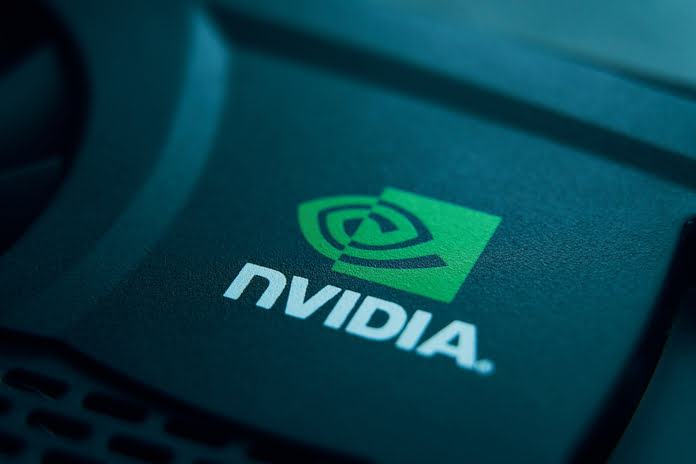Chinese regulators have accused Nvidia (NASDAQ:NVDA) of violating the country’s antimonopoly laws, intensifying trade tensions as the U.S. and China engage in high-level technology discussions. The scrutiny centers on Nvidia’s 2020 acquisition of Mellanox Technologies, a leading network and data transmission company, raising concerns about compliance with previously imposed conditions.
The Nvidia antitrust China investigation comes at a sensitive moment, with both nations holding trade talks in Madrid. While the Chinese State Administration for Market Regulation did not announce any penalties, it confirmed that “further investigation” is underway.
Background on the Mellanox Acquisition
Chinese authorities began probing Nvidia in December for potential violations related to its $6.9 billion purchase of Mellanox. At the time, approval was conditional, highlighting Beijing’s careful oversight of foreign acquisitions in the technology sector. Nvidia, headquartered in Santa Clara, California, responded by asserting its full compliance with the law and willingness to cooperate with relevant government agencies regarding export controls and market competition.
The company’s spokesperson said, “We comply with the law in all respects. We will continue to cooperate with all relevant government agencies as they evaluate the impact of export controls on competition in the commercial markets.”
Trade Context and U.S.-China Relations
The probe into Nvidia antitrust China violations is part of broader U.S.-China tensions over semiconductors and technology exports. In recent days, China’s Ministry of Commerce launched an antidumping investigation into analog IC chips imported from the U.S., targeting products from companies such as Texas Instruments (NASDAQ:TXN) and ON Semiconductor (NASDAQ:ON).
Simultaneously, China opened an antidiscrimination review into U.S. measures affecting its domestic chip sector. These actions followed U.S. sanctions against two Chinese firms for acquiring equipment for Semiconductor Manufacturing International Corporation (SMIC), highlighting the escalating back-and-forth between the two technology giants.
Trade Talks and Market Implications
The Madrid talks, led by U.S. Treasury Secretary Scott Bessent and Chinese Vice Premier He Lifeng, marked the fourth round of high-level negotiations following meetings in London, Geneva, and Stockholm. While a framework deal regarding U.S. ownership of TikTok was reportedly reached, details remain unconfirmed by Chinese negotiators.
Amid these discussions, the Nvidia antitrust China probe underscores the strategic importance of semiconductor technology in the ongoing trade war. Nvidia’s advanced processors, crucial for artificial intelligence applications, have made the company one of the most valuable in the world, and any regulatory restrictions could have broad market implications.
Nvidia’s Strategy Amid Export Controls
Nvidia has faced U.S. export restrictions to China imposed under both the Biden and Trump administrations. In July, the Trump administration approved the sale of its H200 graphics processing unit to China, a lower-power model designed to comply with U.S. export curbs. This careful balancing act highlights Nvidia’s pivotal role in navigating geopolitical tensions while maintaining access to key markets.
The Nvidia antitrust China investigation adds another layer of complexity for the company. Market observers are watching closely, as any penalties or operational restrictions could ripple through the semiconductor industry, impacting global supply chains and investor sentiment.
Outlook for Nvidia and Tech Markets
As Nvidia contends with regulatory scrutiny in China, investors remain attentive to developments in the U.S.-China trade negotiations. Success in these talks could ease pressures on Nvidia and the broader technology sector, while unresolved disputes may continue to fuel uncertainty. For now, the Nvidia antitrust China case serves as a reminder of how geopolitical tensions can directly influence multinational corporations and the fast-growing AI and semiconductor markets.
The ongoing situation also highlights the delicate balance tech companies must maintain between complying with international regulations and pursuing global growth. Nvidia’s ability to navigate this Nvidia antitrust China investigation successfully could set a precedent for other U.S. firms operating in China. Analysts predict that the company’s responses in the coming weeks will be closely monitored by investors, regulators, and competitors alike, shaping the future of the semiconductor and AI industries worldwide.
Featured Image – Megapixl








